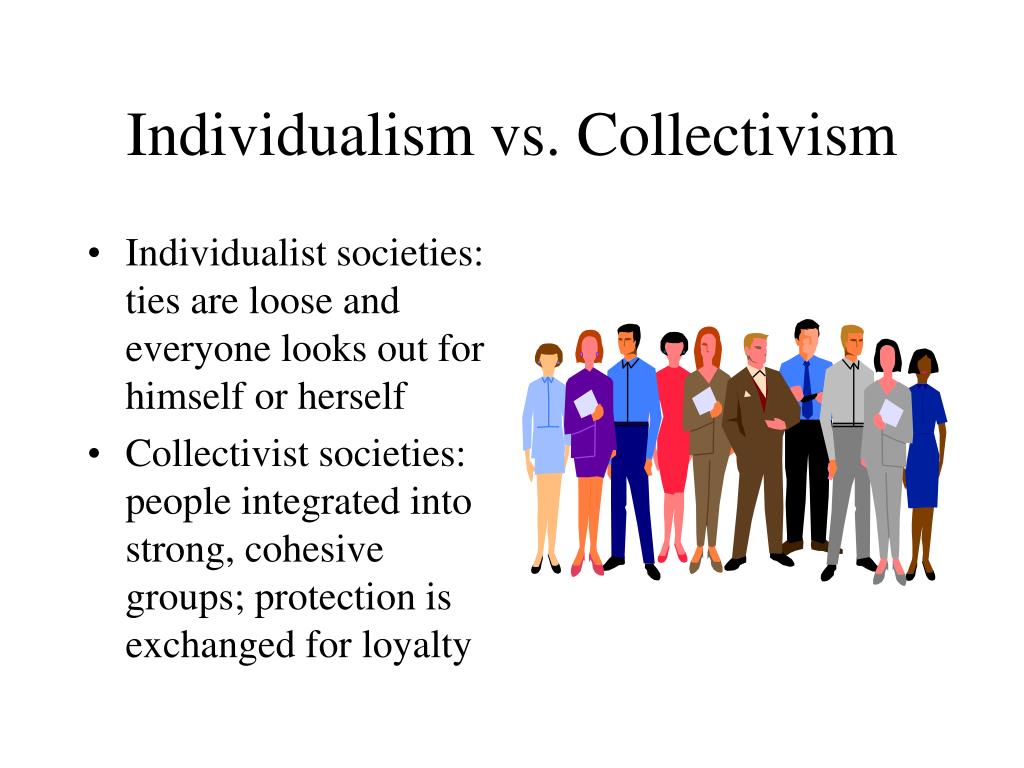The Bahá’í teachings present a nuanced exploration of the interrelationship between individualism and unity, particularly as it pertains to the family—the fundamental unit of society. As modern culture evolves, it invariably alters our perceptions of familial relationships and structures. This extensive discourse aims to elucidate these shifts through the lens of Bahá’í philosophy, while also considering the broader implications for family life within contemporary society.
To commence, it is imperative to define what is meant by individualism and Unity within the context of Bahá’í teachings. Individualism often espouses the idea of self-reliance, personal fulfillment, and the pursuit of individual goals, sometimes at the expense of collective welfare. Conversely, unity, a cornerstone of Bahá’í doctrine, emphasizes the interconnectedness of humanity and supports the notion that individual advancement is inextricably linked to the well-being of others. This inherent tension between individual aspirations and collective harmony is particularly palpable in today’s rapidly changing cultural landscape.
In analyzing the shifts in perception regarding family, we must first consider the evolution of societal norms surrounding the concept of the nuclear family. Traditional views have often centered on stability and multigenerational structures, wherein familial roles were clearly delineated. The Bahá’í teachings advocate for the family as a microcosm of broader society, emphasizing the importance of unity, compassion, and mutual support within family units. As modern culture has cultivated greater individualism, it has initiated a re-evaluation of these traditional roles, giving rise to varied interpretations of familial obligations and relationships.
On one hand, contemporary society advocates for personal choice and autonomy, espousing the belief that self-actualization is paramount. This philosophy has prompted certain individuals to prioritize career ambitions and personal interests over familial commitments, thereby altering traditional family dynamics. Young adults often grapple with the tension between pursuing wildly ambitious career paths and maintaining close familial ties. Bahá’í teachings encourage individuals to find a harmonious balance between these competing priorities. The sacred texts, such as the writings of Abdu’l-Bahá, articulate that the successful individual must not only strive for personal excellence but also cultivate a spirit of cooperation and love within their familial engagements.
Furthermore, the impact of technology on familial relationships cannot be overstated. In our hyper-connected world, familial interactions often occur through digital platforms rather than face-to-face engagements. While this can enhance communication, it can also foster a sense of isolation. The Bahá’í perspective emphasizes the necessity of in-person interactions for nurturing unity and emotional intimacy. Through shared experiences and collective endeavors, families can reinforce bonds that create an environment conducive to the flourishing of every member, thereby aligning with Bahá’í ideals.
It is also crucial to recognize the role of global migration and multiculturalism in reshaping family structures. As families become increasingly diverse, the Bahá’í teachings advocate for the recognition and appreciation of differing cultural heritages. The process of blending family traditions can serve as an opportunity for unity, where individual cultural identities contribute to a richer, more multifaceted family experience. Bahá’í principles stress the importance of inclusivity and understanding, encouraging families to honor their diverse backgrounds while fostering a familial spirit that transcends cultural boundaries.
Additionally, the challenges of modern-day parenting reveal a dichotomy between individual aspirations and collective responsibilities. Parents today are confronted with heightened expectations regarding their roles; they must be providers, influencers, and role models simultaneously. The Bahá’í approach endorses the notion that parents have a sacred duty to cultivate the moral and spiritual development of their children, promoting virtues such as love, patience, and integrity. Individual sacrifices for the collective well-being of the family not only echo Bahá’í teachings but also enrich the family unit itself. The values instilled in children will ultimately contribute to a more cohesive society.
Moreover, the dialogue surrounding same-sex marriage and alternative family structures has gained momentum in recent years. The Bahá’í teachings call for the recognition of the dignity and rights of all individuals, advocating for unity while respecting individual choices. As society progresses toward inclusivity, the Bahá’í portrayal of the family adapts, recognizing that love, respect, and unity can transcend traditional boundaries. This fluidity in understanding what constitutes a family showcases an alignment with the Bahá’í encouragement of unity, manifesting in diverse ways that foster love and mutual support.
In summation, the evolving cultural narrative surrounding individualism and unity has significantly influenced modern perceptions of family. The Bahá’í teachings provide a framework that urges individuals to embrace their uniqueness while simultaneously fostering unity within their familial structures. This balance is essential in an age where personal freedoms and collective responsibilities often clash. The family remains central to societal well-being, and through the synthesis of individual rights and communal harmony, we can aspire to realize the ideals posited by Bahá’í teachings. By nurturing both individual talents and family bonds, we pave the way for a future that honors both the self and the collective.
Ultimately, navigating the complexities of individualism and unity is an ongoing journey that calls upon the wisdom of Bahá’í teachings. Through introspection, dialogue, and commitment to personal and familial growth, individuals can embrace both aspects, thereby enhancing their family life and contributing positively to the tapestry of society at large.
